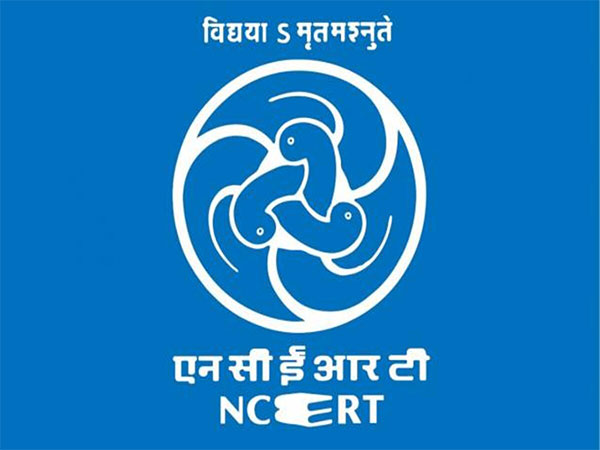

New Delhi, August 16: In its newly released educational modules marking Partition Remembrance Day, the NCERT has presented a critical reassessment of the 1947 division of India, placing significant responsibility on the Congress leadership. The modules assert that the Congress "accepted the plans of Partition" and "underestimated Jinnah," failing to foresee the vast and enduring consequences of their decisions.
Two modules were unveiled this August—one for middle school and one for secondary-level students. Both portray Partition as a catastrophe that could have been avoided. “The Partition of India and the creation of Pakistan were by no means inevitable,” the modules state. Instead, they point to three key actors: “Jinnah, who demanded it; the Congress, which accepted it; and Mountbatten, who formalised and implemented it.”
The secondary stage module highlights the lack of administrative experience among Indian leaders at the time. It argues that this inexperience left them unprepared for the massive upheavals that followed, stating, “None of the Indian leaders had experience in running national or even provincial administration, the army, police, etc... Otherwise, such haste would not have been made.”
Partition is described as an “unprecedented human tragedy, with no parallel in world history.” The content details the violent aftermath: mass killings, the displacement of nearly 15 million people, widespread sexual violence, and trains arriving "filled only with corpses."
The modules note that communal violence had erupted even before Partition was formally declared, citing horrific events in Noakhali and Calcutta in 1946, and in Rawalpindi, Thoha, and Beval in early 1947. Jinnah’s call for “Direct Action Day” in August 1946 is described as a turning point. His warning—“Either a divided India or a destroyed India”—is presented as a key factor in Congress leaders Nehru and Patel conceding to Partition.
The secondary module connects Partition to ongoing issues such as the Kashmir conflict, communal tensions, and India’s foreign policy challenges. “Pakistan has waged three wars to annexe Kashmir and, after losing them, adopted a policy of exporting jihadist terrorism... All this is a consequence of Partition,” it says.
Interestingly, the module also highlights Jinnah’s own later admission: “I never thought it would happen. I had never expected to see Pakistan in my lifetime.”
For younger students, the middle stage module offers a simplified narrative but delivers the same core message. It reiterates the shared responsibility between Jinnah, the Congress, and Mountbatten. It also underscores Mountbatten’s controversial decision to accelerate the transfer of power from June 1948 to August 1947—a move it calls “a great act of carelessness,” which left millions uncertain about their national identity even after Independence Day.
The modules conclude with a cautionary message for future generations: “Shortsightedness in rulers can become a national catastrophe. Giving concessions to violence to gain peace results in whetting the appetite of violence-prone groups.” They stress that remembering the horrors of Partition is meaningful only if it helps India reject communal politics and uphold leadership that puts national interest above personal or party gains.
(With ANI inputs)